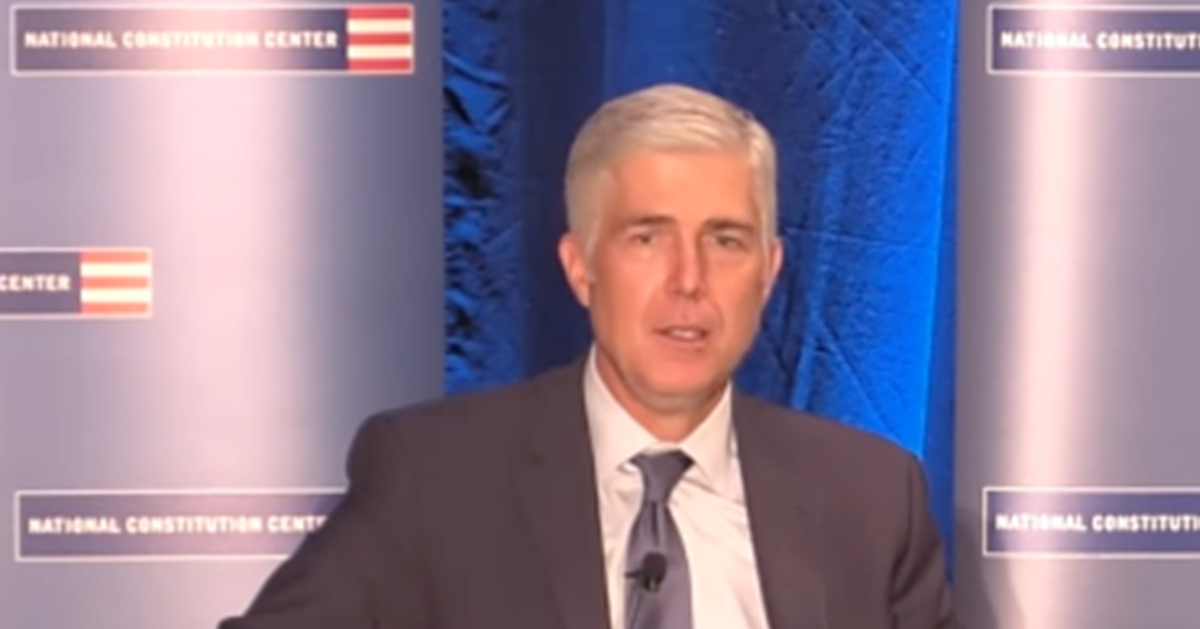Minnesota Agency's Oversight Failure Led To $250M Pandemic Aid Fraud
A Minnesota state agency is under fire after a failure to address early warning signs allowed over $250 million in federal pandemic aid, intended for feeding children, to be stolen. The Minnesota Department of Education (MDE) was criticized for its handling of a federal food program designed to provide meals to low-income children during the COVID-19 pandemic.
An audit by the Office of the Legislative Auditor has faulted MDE for failing to act on warning signs, allowing one of the largest pandemic fraud cases in U.S. history to unfold, AP News reported.
Feeding Our Future, a nonprofit that played a central role in the fraud, is at the center of legal action. Seventy individuals have been charged in the scheme, which involved creating fake invoices for meals that were never served, laundering money, and passport fraud. The nonprofit’s founder, Aimee Bock, is awaiting trial, though she maintains her innocence.
Early Warning Signs Ignored, Auditor Reports
The Office of the Legislative Auditor’s report was critical of MDE, stating that the department failed to act on warning signs both before and during the pandemic. According to the report, the department overlooked several red flags, allowing the fraud to escalate.
Education Commissioner Willie L. Jett II responded to the report, defending the department’s actions. Jett stated that the MDE met applicable standards, made timely referrals to law enforcement, and cooperated fully with authorities. He also emphasized that the fraud was the result of “a coordinated, brazen abuse” of the food programs, shifting the blame onto the individuals who were charged.
Jett was not alone in his criticism of those who exploited the system. He argued that the MDE had acted in accordance with the laws and rules in place at the time. However, the magnitude of the fraud has raised questions about whether more could have been done earlier to prevent the theft of such large sums of money.
Political Fallout and Legislative Debate
The fraud has sparked significant political fallout in Minnesota, with Republicans blaming the administration of Democratic Gov. Tim Walz for failing to intervene early enough. GOP Senate Minority Leader Mark Johnson pointed to the report as evidence that the Walz administration had not done everything it could to stop the fraud, calling the department’s response a “false narrative.”
Minnesota lawmakers have debated the broader implications of the fraud. Sen. Ann Rest pointed out that other states with similar programs had not experienced fraud on such a large scale, further criticizing the MDE’s response. Rest voiced frustration over the lack of accountability, describing the situation as “unacceptable.”
Meanwhile, Rep. Patti Anderson argued that officials could have stopped the fraud long before it reached $250 million, expressing dismay that they had ignored the warning signs.
Legal Developments and Convictions
Legal proceedings have led to convictions and guilty pleas. Out of the 70 individuals charged, the courts convicted five of the first seven defendants to stand trial, and 18 others have already pleaded guilty. Unusual events have marked the legal process, including an attempt to bribe a juror with $120,000 in cash.
Despite these developments, more than $200 million remains unaccounted for. Of the over $250 million stolen, authorities have only been able to recover $50 million so far. Investigations into the whereabouts of the remaining funds continue as trials proceed.
Feeding Our Future and System Exploitation
Feeding Our Future, the nonprofit at the heart of the fraud, allegedly exploited lax rules implemented during the pandemic to prevent economic collapse. Defendants submitted falsified invoices, claiming to have served meals that were never provided. The scheme involved laundering the stolen funds through various channels, including foreign passports.
Aimee Bock, the founder of Feeding Our Future, has become a central figure in the case. She continues to deny any involvement in the fraud despite the mounting legal challenges against her and her nonprofit. The public expects her trial to draw significant attention as more details emerge about how the nonprofit operated undetected for so long.
Efforts to Improve Oversight
In response to the fraud, the Minnesota Department of Education has introduced several reforms aimed at preventing similar incidents in the future. These include the creation of an inspector general’s office and updates to fraud-reporting policies within the department. The changes aim to address the weaknesses highlighted by the Office of the Legislative Auditor and ensure better oversight of future federal programs.
Nationwide, the issue of pandemic aid fraud has become a major concern. An Associated Press analysis revealed that thieves stole more than $280 billion in pandemic aid, and authorities charged around 3,200 people in connection with fraudulent activities. The Minnesota case, however, remains one of the largest and most prominent.
Impact and Long-Term Consequences
The fraud has not only led to political fallout but also damaged public trust in government oversight of aid programs. As trials continue and more information comes to light, people continue to question how such a large-scale fraud could have occurred and whether authorities have done enough to prevent it from happening again.
The case has also highlighted the challenges faced by government agencies tasked with managing large amounts of federal aid during an unprecedented crisis. Although officials have implemented reforms, the long-term effects of the fraud on Minnesota's education programs and the broader community are still unclear.



